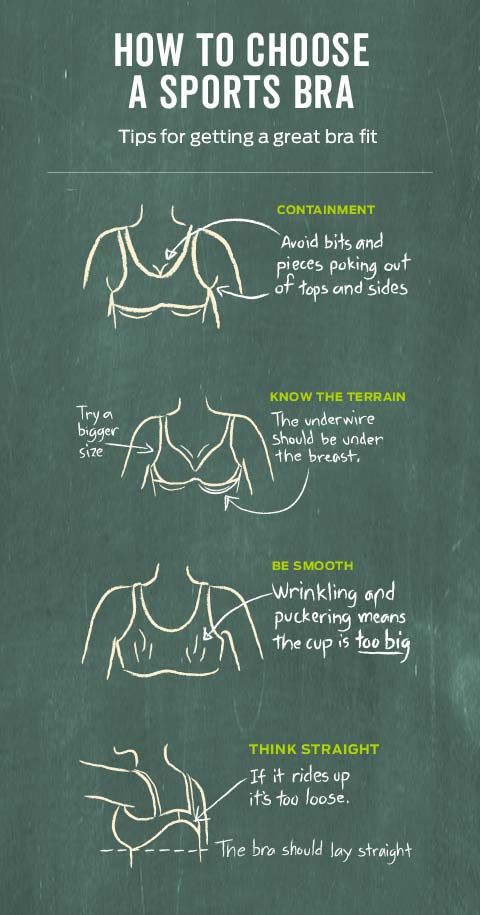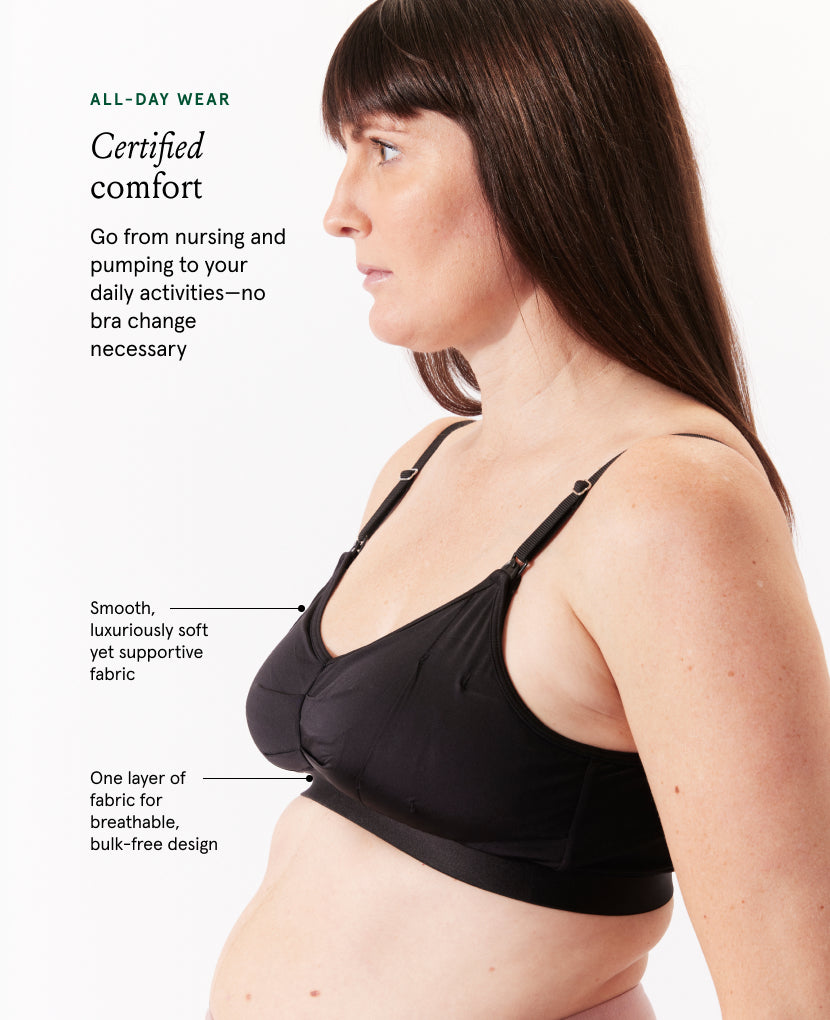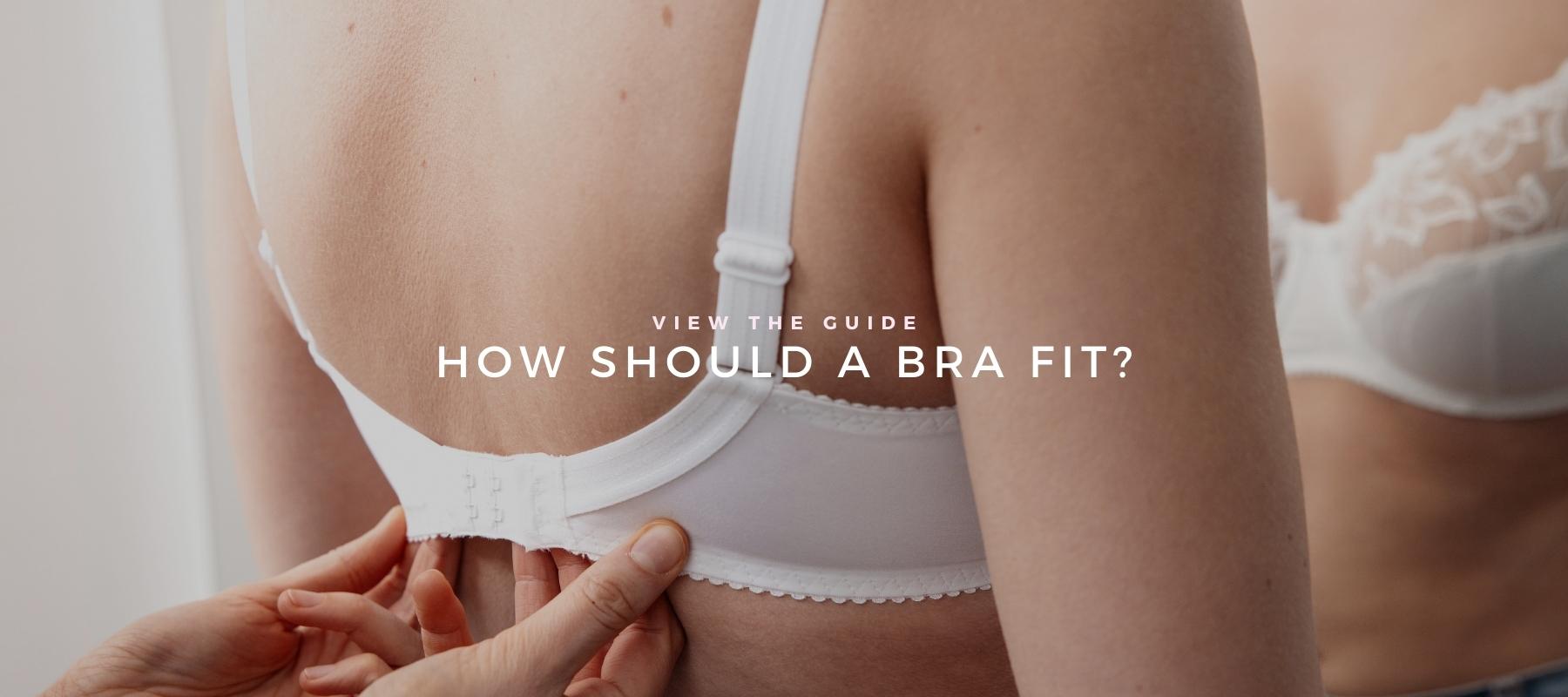The Perfect Fit: Finding Your Ideal Bra for Ultimate Comfort
For many, the bra is more than an undergarment; it’s a daily necessity that can dictate comfort, confidence, and even physical well-being. Yet, a staggering number of people endure discomfort from ill-fitting bras, unaware of the profound difference the right support can make. The journey to finding bras that fit is not merely about aesthetics; it’s a fundamental aspect of personal health and comfort. This article delves into the science, the common pitfalls, and the transformative power of wearing a bra that truly fits you.
The Foundation: Why a Proper Fit Matters
The human body is a complex structure, and the breasts, composed primarily of adipose tissue and ligaments, lack significant muscular support. This anatomical reality makes external support crucial, especially during physical activity. A well-fitting bra provides biomechanical support, reducing strain on the shoulders, back, and the Cooper’s ligaments within the breast itself. Research from institutions like the University of Portsmouth’s Research Group in Breast Health has highlighted that inadequate breast support during exercise can lead to pain and potential long-term tissue damage. Conversely, bras that fit correctly distribute weight evenly, promote better posture, and prevent chronic issues like back and shoulder pain. The goal is harmony between the garment and the body, where the bra does its job so seamlessly that you forget you’re wearing it. It’s not about squeezing into a size you think you should be, but about embracing the dimensions you have with a structure designed to support them. The quest for the perfect bra is, therefore, a pursuit of effortless comfort and foundational health, moving beyond societal size expectations to a place of individualized care.

Decoding the Band and Cups: The Two Pillars of Support
Understanding bra fit begins with its two most critical components: the band and the cups. The band, which runs around your ribcage, is the true workhorse of the bra, responsible for providing up to 80% of the support. A common misconception is that the straps shoulder the burden, but they are merely for fine-tuning. A properly fitted band should be snug and level all the way around, sitting parallel to the floor without riding up. It should be comfortable enough to fasten on the loosest hook, allowing you to tighten it as the elastic naturally stretches over time. The cups, on the other hand, are designed to encapsulate the breast tissue fully without gaping, spilling, or creating a “double boob” effect. The center gore—the piece of fabric between the cups—should lie flat against your sternum. When you find bras that fit in both band and cup, you achieve a synergy where the band anchors the structure and the cups shape and contain, creating a stable and comfortable foundation. This precise engineering is why simply knowing your “size” is not enough; different brands and styles will fit uniquely, making it essential to assess these two pillars independently with each new bra you try.

The Professional Fitting: An Investment in Comfort
While self-measurement guides are plentiful online, there is no substitute for a professional bra fitting. Expert fitters possess a trained eye for nuances that tape measures can miss, such as breast shape, root width, and asymmetry. Many department stores and specialty lingerie boutiques offer this service for free. A fitter will not only take accurate underbust and bust measurements but will also bring you a variety of styles to try, observing how different designs interact with your unique body. As noted by lingerie experts on platforms like Quora and in publications like The Lingerie Addict, a skilled fitter can identify issues you might not notice yourself, such as a band that is technically the right length but too loose in the back due to posture, or cups that are the correct volume but the wrong shape for your fullness. This personalized consultation demystifies the process and introduces you to a world of bras that fit perfectly. It’s an investment of time that pays dividends in daily comfort. Furthermore, many fitters are knowledgeable about brands that cater to specific needs, potentially introducing you to options with advanced fabrics and construction that offer superior comfort, often at discounted prices during promotions.
Beyond the Tape Measure: Recognizing the Signs of a Good Fit
Knowing the technical aspects is one thing; recognizing the feel of a good fit is another. There are several tangible signs that you’ve found one of those elusive bras that fit. First, the band should feel secure but not constricting; you should be able to slide two fingers underneath it comfortably. The wires at the front, if it’s an underwire style, should encase all your breast tissue without digging into your ribs or armpits. The straps should be adjusted so they stay in place without leaving deep red marks or bearing significant weight. When you move your arms or bend over, the bra should stay firmly in place. A simple test is the “swoop and scoop”: leaning forward, you gently pull all breast tissue from the sides into the cups. This ensures you are fully settled into the bra. If after this maneuver you notice spillage, the cups are too small. If there is gaping, they are likely too large or the wrong shape. Ultimately, the right bra should make your clothes look better and allow you to move through your day with a sense of supported ease, free from the need to constantly adjust.

A New Standard of Daily Comfort
Settling for an almost-right bra is a compromise that costs you in comfort and confidence every single day. The pursuit of bras that fit is a commitment to your own well-being. It’s a recognition that you deserve to feel supported and comfortable in your own skin. By understanding the principles of fit, seeking professional guidance, and learning to recognize the signs of perfection, you can transform your relationship with this essential garment. The perfect bra is out there, waiting to become an invisible foundation for your life, not a source of distraction. Embrace the journey; your body will thank you for it.







